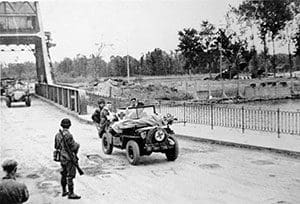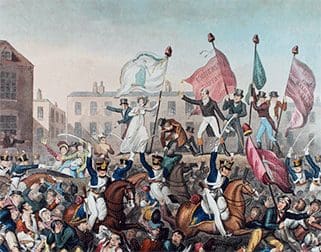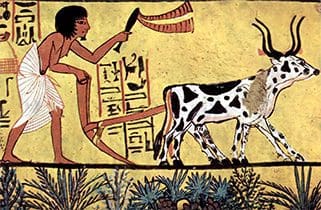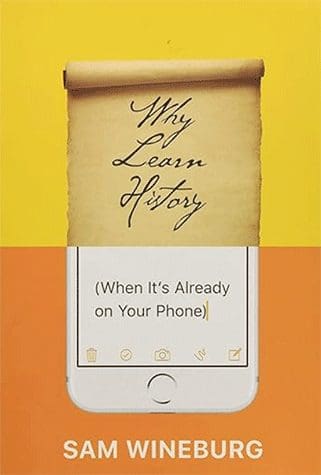
Many of you teaching GCSE will be familiar with the issue. Your students answer the question they think the examiner will ask and the one they’ve prepared for., not the one that is set. They get in the exam room and see that the question is slightly different to what they expected. Undaunted they press on with answering the question they would prefer, missing out on valuable marks. This is a perennial problem, even with the dull and repetitive questions that blight today’s GCSE history papers.
While there might not be a panacea for this, I have found that a
particular learning activity really helps students to think on their feet
. And the activity is called
Zones of Relevance.
Students are given a set of information strips/cards which might or might not be relevant to the question you are about to set them. You present the students with a template in which there are 3 concentric zones. The zone in the middle has a space for the question and for one clinching argument/reason. The outer zones are for ‘highly relevant’, ‘less relevant’ and outside the zones ‘irrelevant’. Student shave to physical move the information strips/cards containing the information to the most appropriate zone. This ability to deploy relevant information in sustaining an argument is a key historical competence, of course.
But now comes the twist.
What if the examiner doesn’t ask THAT question but another, quite similar one. Students have to go back to the original zones of relevance template and re-arrange the information assigning much greater weight and relevance to things that were considered marginal before. In this way students learn to be far more selective and disciplined in their choice, driven by the question set not the one they would have preferred.
Examples already exist on the site but you might be interested in tow new GCSE lessons that are coming soon.
Lesson 1 : The Crusades
Question A: Why did Pope Urban call for the First Crusade?
Question B: Why did so many people respond so enthusiastically to his call?
Lesson 2 : The Indian Mutiny/Rebellion
Question A Why did the Indian Mutiny break out in 1857?
Question B Why was there such a significant uprising in India in 1857?
In both cases, students are shown examples from textbooks where the two questions are conflated which they can then critique-a high level skill.








